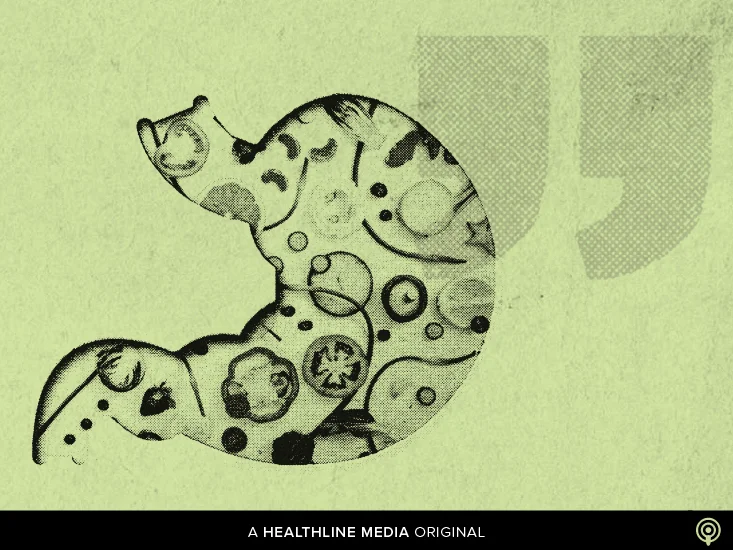Inflammatory bowel disease (IBD) affects millions of people, often severely impacting their day-to-day lives. What role does the gut microbiome play in IBD, and can we harness dietary interventions to manage symptoms? Medical News Today explores this question In Conversation with a researcher and an expert through lived experience. Inflammatory bowel disease (IBD) is an umbrella-term that encompasses ulcerative colitis and Crohn’s disease, two chronic gastrointestinal conditions characterized by inflammation of the gut.
Some of the symptoms of IBD include nausea and vomiting, blood in stool, diarrhea, abdominal pain, fatigue, and irregularities in the menstrual cycle — all of these are invisible issues that can severely impactTrusted Source a person’s quality of life on a daily basis.
IBD affects many people all over the world. In the United States, for example, around 1% of all adults have diagnosed IBD — and while that may seem like a small percentage overall, it actually amounts to approximately 2 million people.
In the United Kingdom, the most recent estimates suggest that IBD affects around 0.8% of the population, or around 131,000 people.
And that figure may be a serious underestimate of the real prevalence of IBD, as both Crohn’s and ulcerative colitis have symptoms that can also be attributed to other chronic conditions, which often makes them difficult to diagnose.
Research from the U.K. published in the Journal of Crohn’s and Colitis in 2020 suggested that an individual could see their doctor in relation to persistent gastrointestinal symptoms for 5 years before they receive the correct diagnosis of IBD.
A different gut microbiome
Yet recent research shows that in people with IBD, the gut microbiome — the community of bacteria and other microorganisms in the gastrointestinal tract — has certain particularities that set it apart from the microbiomes of healthy individuals, and which may offer clues to better treatments.
In this episode of our In Conversation podcast, we speak to Dr. Marcel de Zoete, an associate professor in the Department of Medical Microbiology at UMC Utrecht, The Netherlands.









